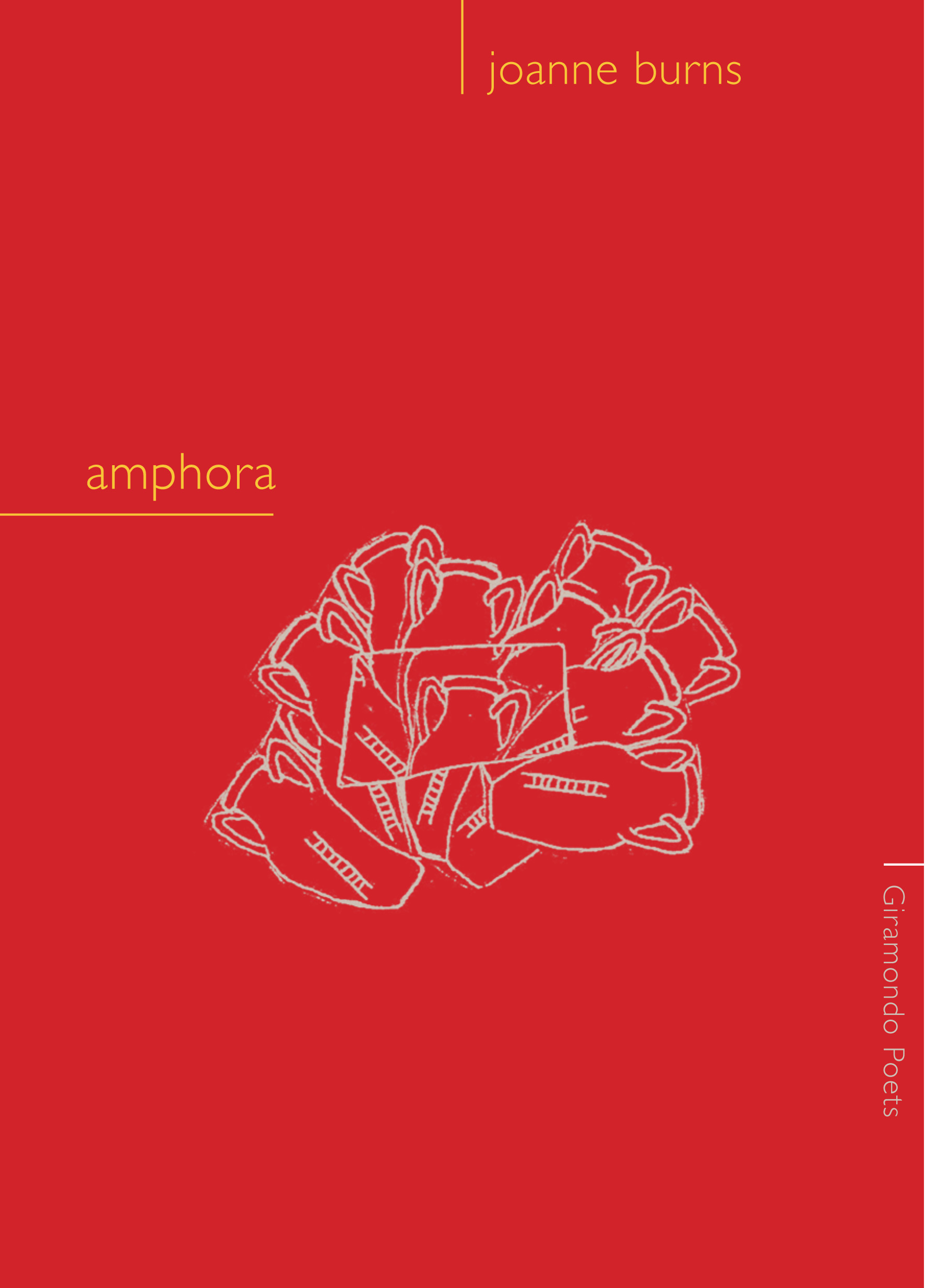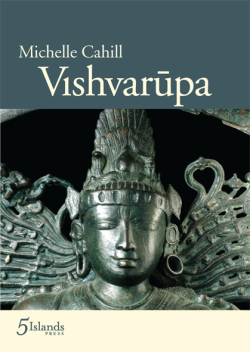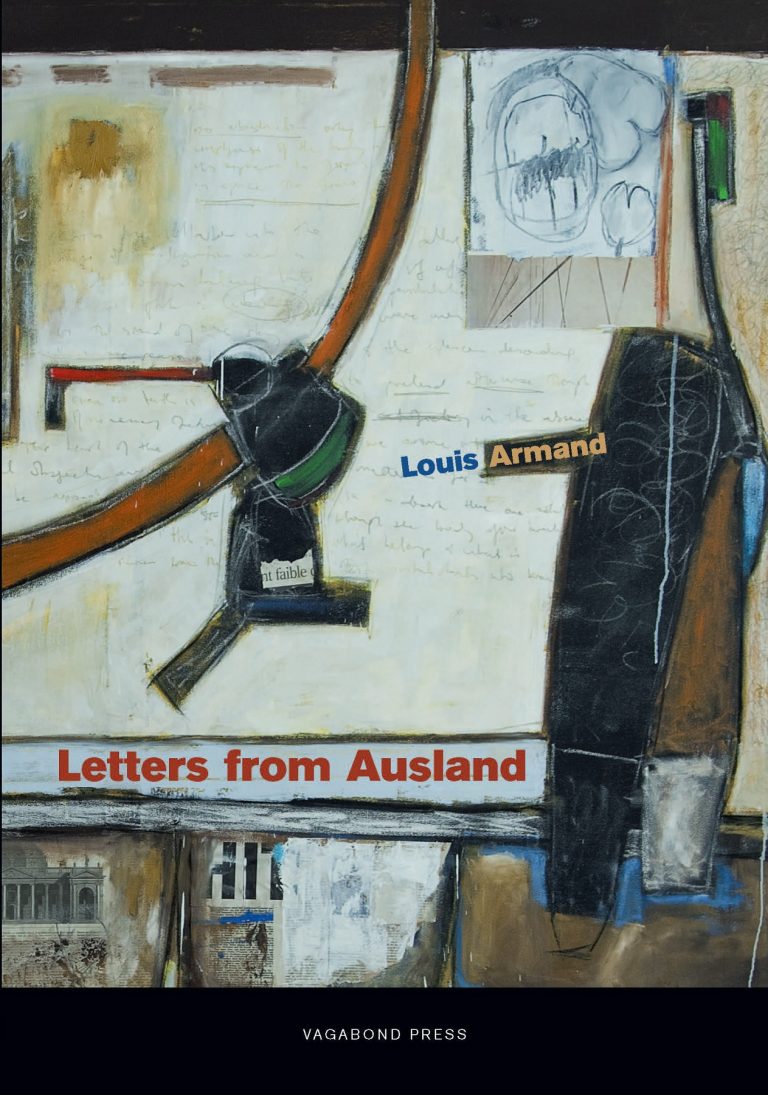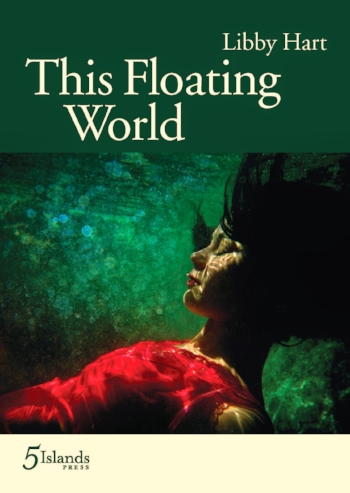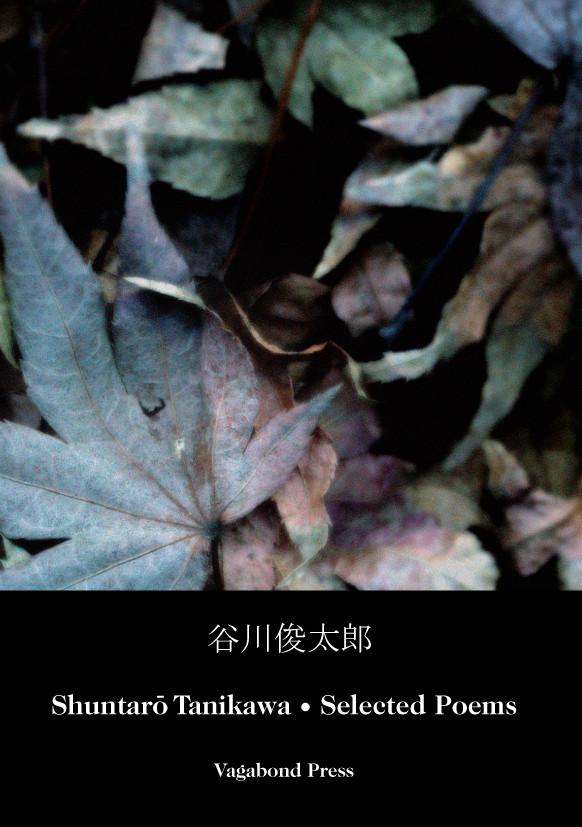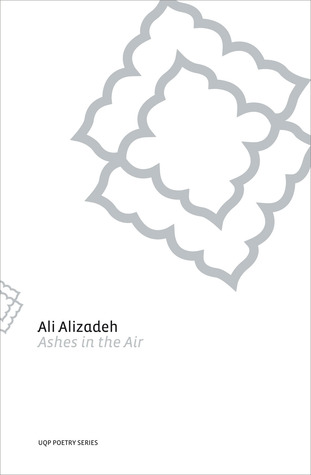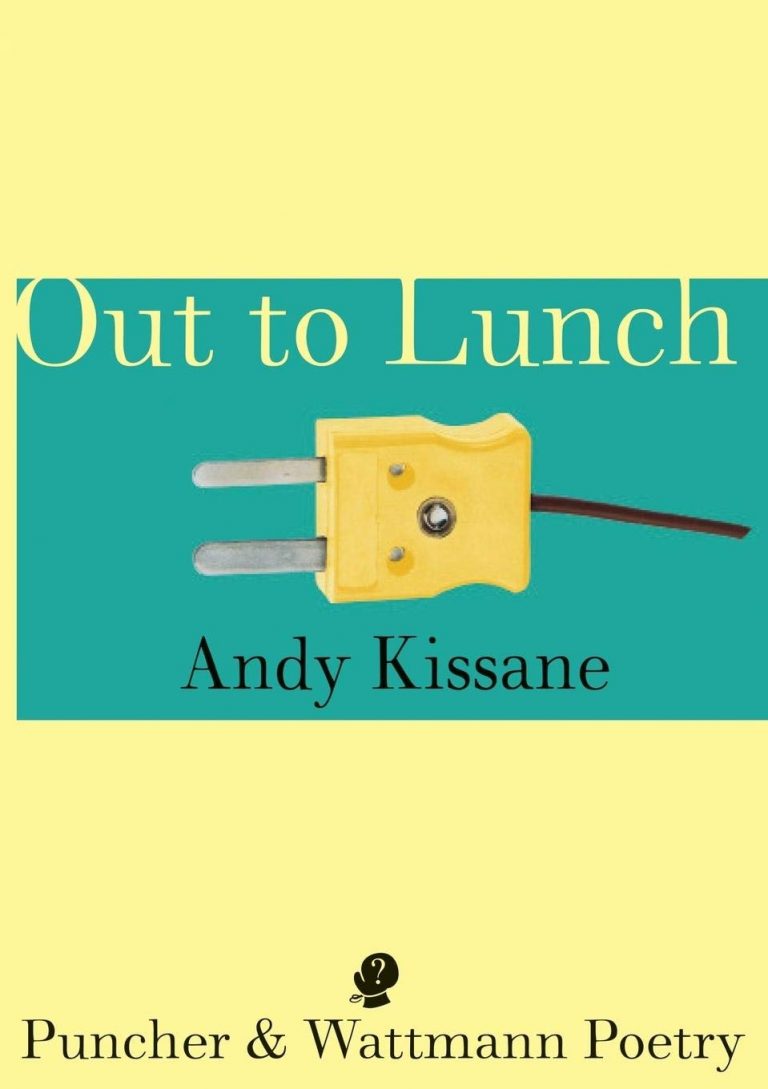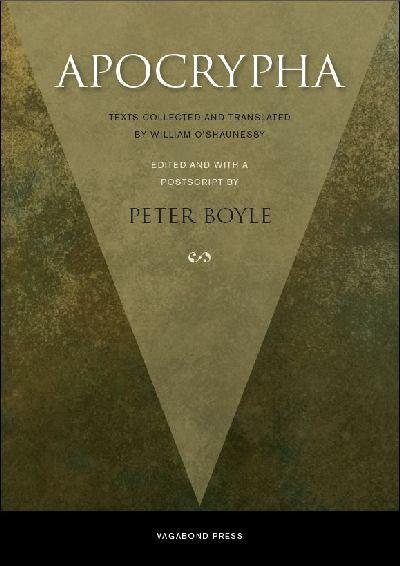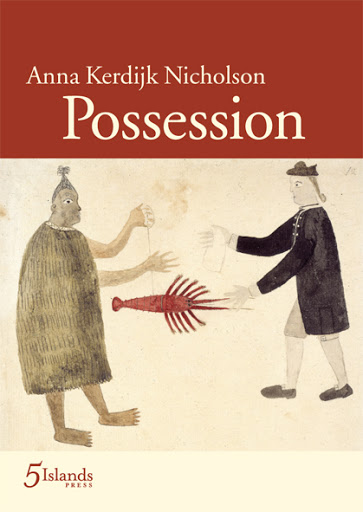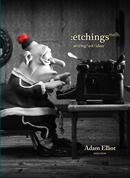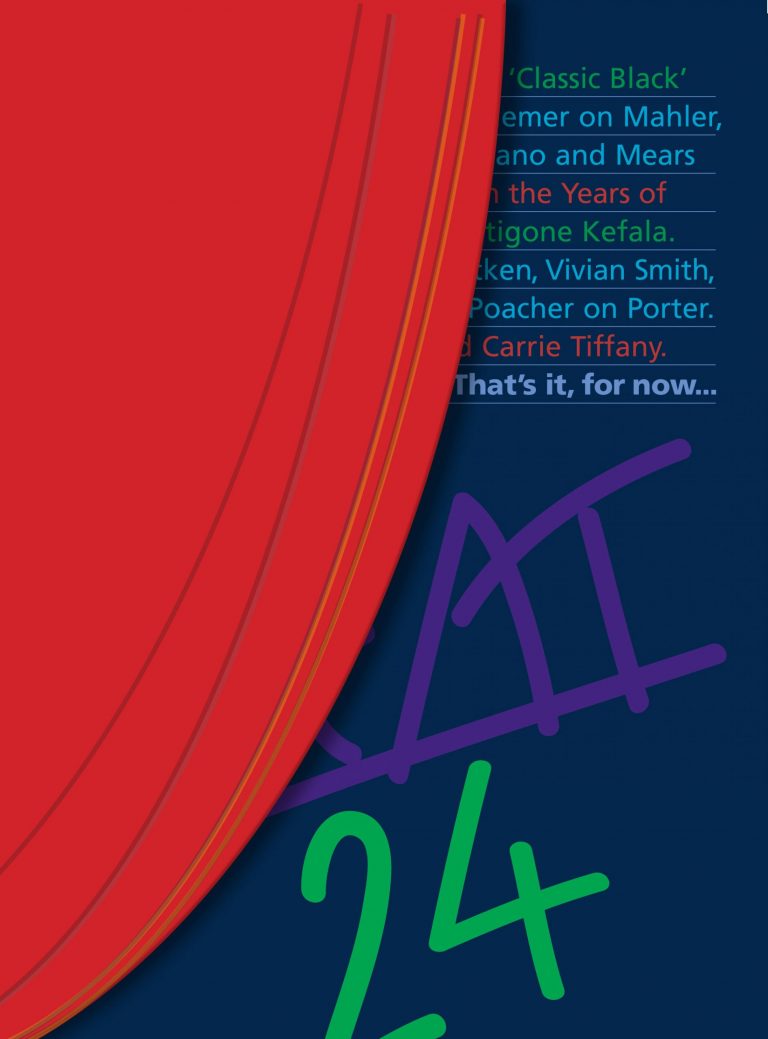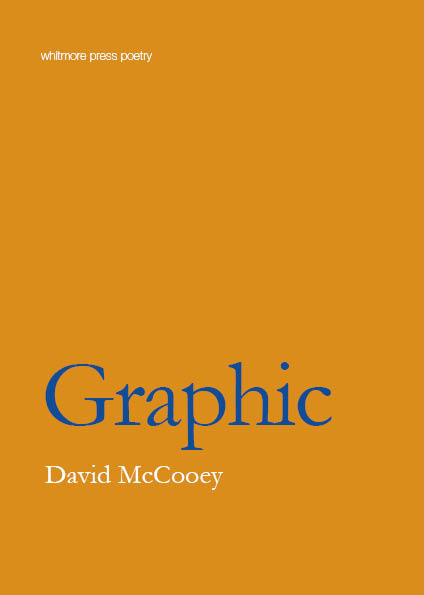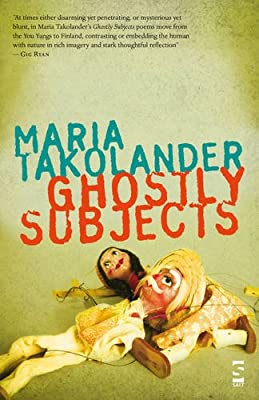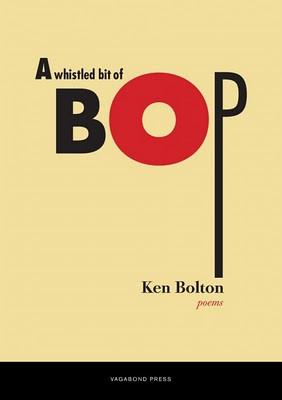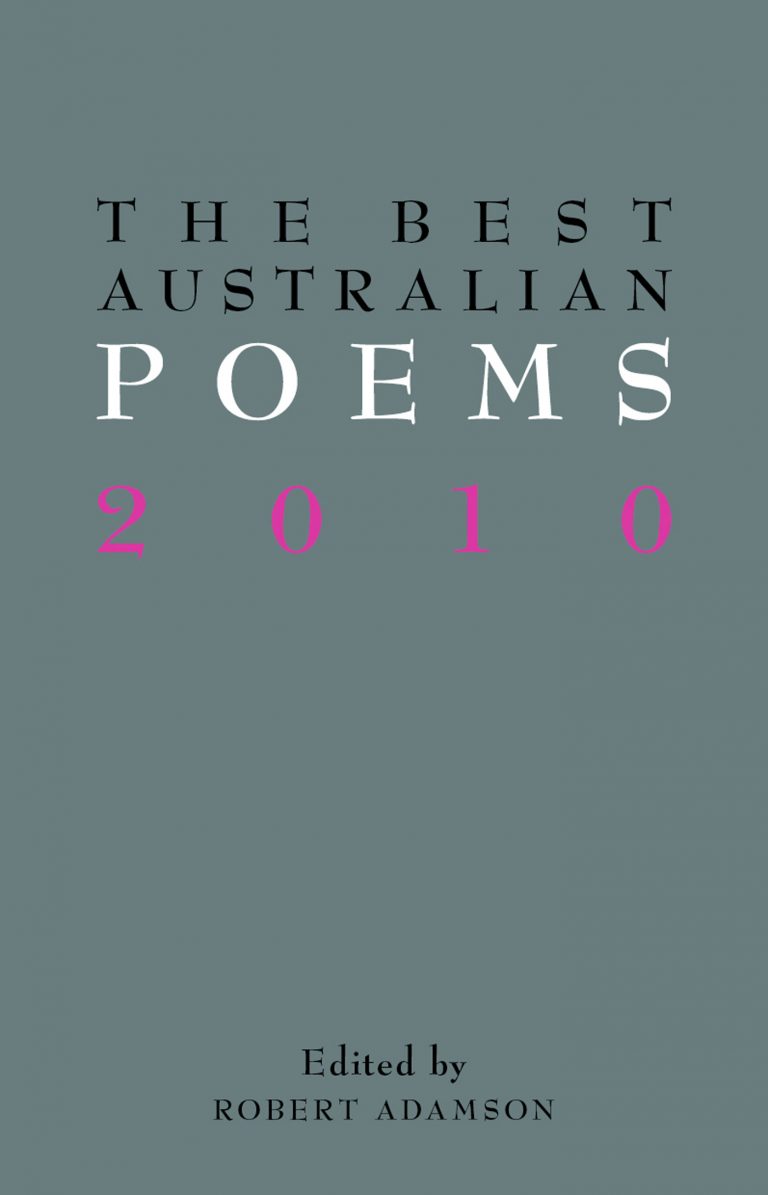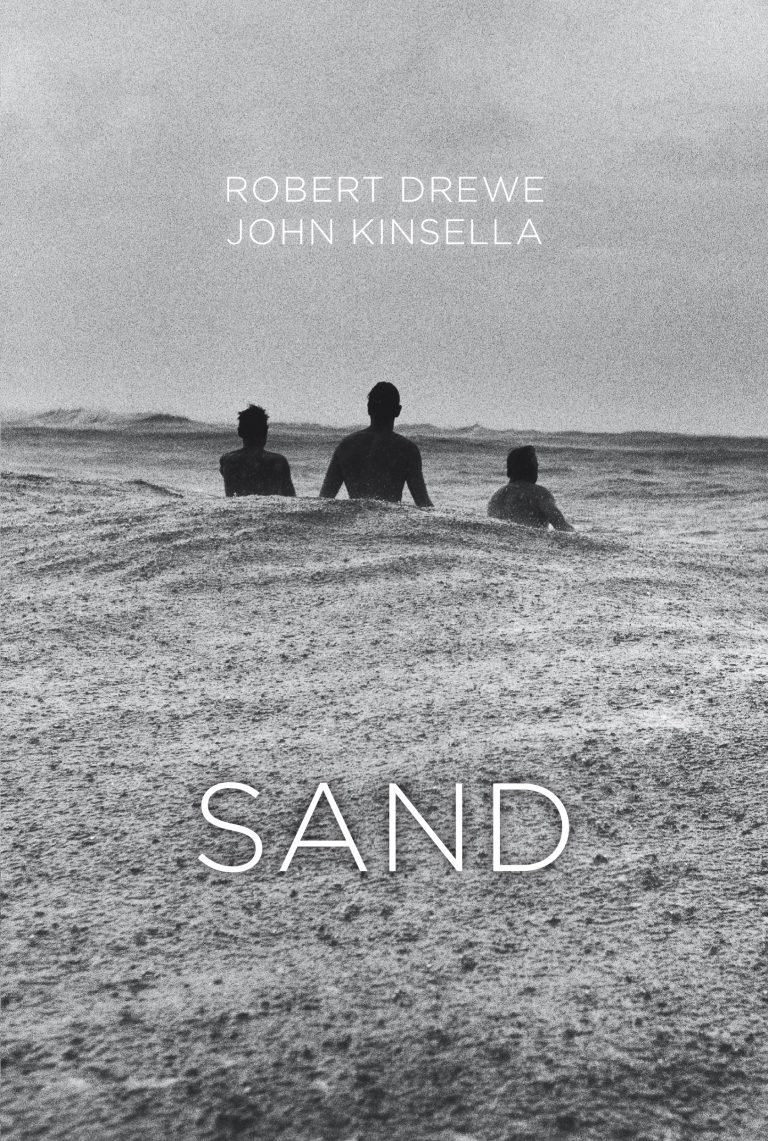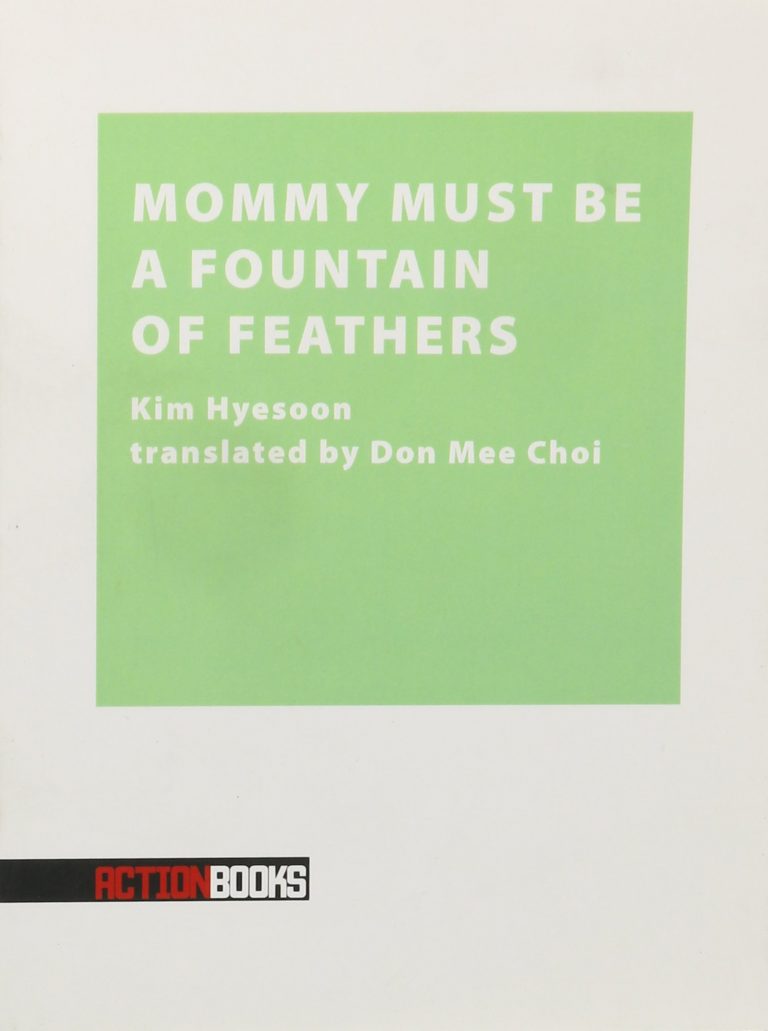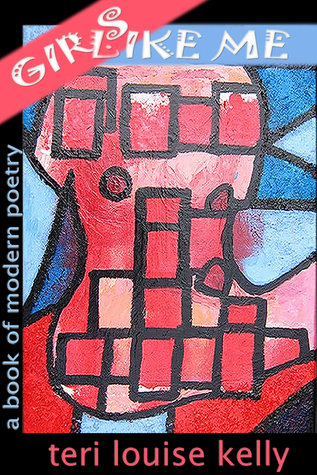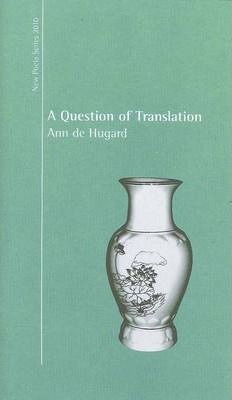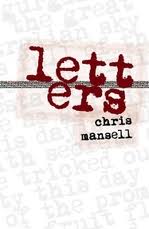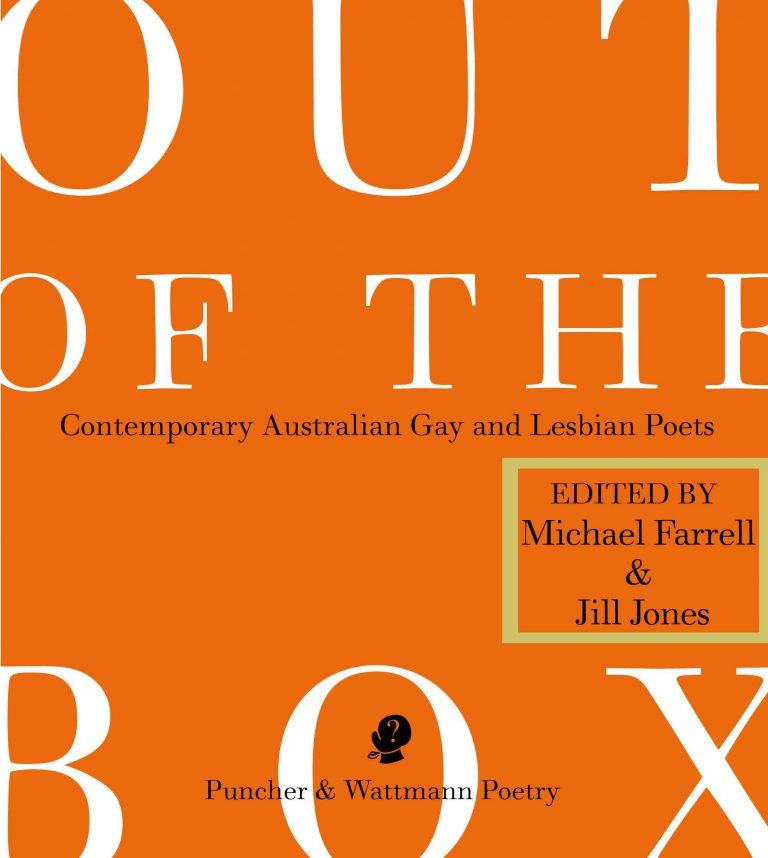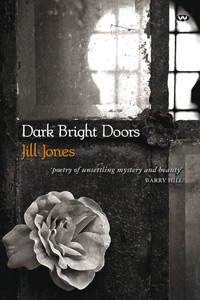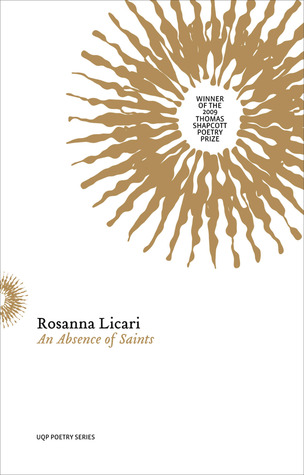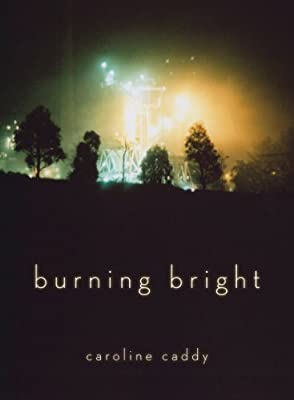BOOK REVIEWS
Corey Wakeling Reviews joanne burns
joanne burns has been publishing experimental poetry in Australia for over four decades, and amphora is her thirteenth collection. At 135 pages, it is substantial and generous, of a breadth that allows for the prose poems burns is best known for along with a number of spectacular short poems and some longer series.
Heather Taylor-Johnson Reviews Michelle Cahill
Michelle Cahill’s second collection is marvellously named Vishvarūpa, Sanskrit for “manifold, having all forms and colours”. The cover is classic black and silver, with a close-up photograph of a Hindu deity’s sculpture. If the package says anything, it’s intelligent. And the package does not lie. Cahill may laze in the splendour of nature or love, as is the way with so many poets, but she does so with extensive layering.
Ryan Scott Reviews Louis Armand
To say Louis Armand is a thoughtful poet is both obvious and an understatement. His reach extends beyond the expression of an idea to capture the sensation of the thought itself. He gives thought its heft, urgency and gravity and thus separates himself from being a mere poet of ideas. In his latest collection, Letters from Ausland, he finds that elusive ground between intellect and artistry.
Heather Taylor-Johnson Reviews Libby Hart
This Floating World is Libby Hart’s long-awaited follow-up to her 2006 Anne Elder Award-winning Fresh News from the Arctic. Like Arctic, the collection is heavily dependent on both the natural world and the nature of humans in relation to that world. I am making an educated guess that the book is a product of Hart’s residency at the Tyrone Guthrie Centre in County Monaghan, Ireland, as the structure of the second and major part is a songline of the area.
Peter Boyle Reviews Yasuhiro Yotsumoto and Shuntaro Tanikawa
At the outset I will say that, though my own latest book Apocrypha was published by Vagabond Press, I hold no financial interest in the press nor any motivation to promote these two books other than the merits I find in them. The first collection under review, Yotsumoto’s Family Room, masterfully transcends the opposition between tradition and experiment; and Watashi, Tanikawa’s 20th collection to be published in English translation, certainly confirms this reviewer’s impression of being in the presence of a major poet.
Tina Giannoukos Reviews Ali Alizadeh
Ali Alizadeh’s latest collection, Ashes in the Air, blows across the fault lines of our manifold present. These are poems of strong rhetorical force. With remarkable alertness to volatile complexities, they engage in an argument with barely comprehensible realities of exclusion and inclusion. They are radical, philosophical and profoundly affective.
Stephen Lawrence Reviews Andy Kissane and Alan Gould
Even in the earliest era of proto-literature, The Epic of Gilgamesh sought to represent human voice, its intonations and social communications. Yet the clearest sign of a versatile writer is the extent to which he or she can dislocate the voice, free it up, loosen it into multiplicity. And the more experienced the writer, the more likely they are to catch on to this.
John Jenkins Reviews Peter Boyle
“No one can count the number of people we have been in a single / life. One death is never enough.” These lines from Apocrypha sum up a theme that resurfaces through the poetic fragments which make up this fabulous cache of texts: fragments which survive from certain lost books by real and re-discovered authors of the ancient world, including Herodotus, Longinus, Theophrastus, Catullus, Plato and others.
Stuart Cooke Reviews Anna Kerdijk Nicholson
From at least as far back as Heraclitus, scholars have been warning us about the irresistible and irretrievable nature of history. The past provides little that is stable, other than an unwavering reminder of the constancy of change. The task of entering history, therefore, is fraught with complications.
Angela Meyer Reviews Etchings
Love & Something is the sub-header of :etchings 9, and the something seems to stand for the multitudinous meanings the word love can inspire – familial, romantic, love of nature, passion for work – and the variety of things that sit beside it such as desire, heartbreak, longing and memory.
Heather Taylor-Johnson Reviews HEAT
This issue of HEAT being named as the magazine’s last could indicate two separate things. One is the opportunity that arises from this; with each ending a new beginning could take place. The other is that the magazine might not be ending.
Amelia Walker Reviews David McCooey and Cameron Lowe
Though relatively young, Geelong-based Whitmore Press’ poetry series already boasts strong collections by Barry Hill, Paul Kane and Maria Takolander, amongst others. With Graphic by David McCooey and Porch Music by Cameron Lowe, Whitmore’s winning streak continues. Both books brim with inventive, surprising and thought-provoking new poetry.
Ali Alizadeh Reviews Maria Takolander and Claire Potter
In his 2007 essay ‘Surviving Australian Poetry: The New Lyricism’, David McCooey identified the prevailing mode of poetry in contemporary Australia as a negotiation between experimentalism (the new) and traditional composition (lyricism). This view is apposite in describing the work of many important poets of the last couple of decades; but a number of newer Australian poets have gone beyond and broken with this conciliation.
Tim Wright Reviews Ken Bolton
The cover of A Whistled Bit of Bop makes use of a cool, spare design, reminiscent of 60s jazz album covers. It’s a change from the handmade look of many of Bolton’s earlier collections. The O and P of ‘BOP’ are also the record and arm of a turntable; the circular author photograph on the back cover – showing Bolton in a thumb-to-chin thinking pose – might then be the sticker in the centre of the disc about to be played.
Jal Nicholl Reviews Best Australian Poems 2010
It’s hard to write about a collection as diverse as this. It has no theme really except what Adamson mentions in his introduction, quoting Baudelaire’s poem ‘Correspondances’, a poem, to paraphrase blandly, about mysterious relations between things of different kinds. Anything can be compared to anything else, but is there a “ténébreuse et profonde unité” (“dark and deep unity”) in this collection, as Adamson seems to imply?
Ryan Scott reviews Robert Drewe and John Kinsella
Sand is a substance which suggests abundant contradictions. Abundance and scarcity is one; others are leisure and hardship, isolation and revelry, and most starkly the infinitely small and the infinite. Yet, it is rarely held up as something sacred. It is not often treasured for its feel and its ubiquity.
Joel Scott Reviews Kim Hyesoon and Don Mee Choi
It is refreshing to be introduced to a literature through its contemporary women poets. For that reason, I was extremely happy to receive these two titles, both published by Action Books (a small U.S. publisher doing great things). Neither book, though, is entirely Korean.
Heather Taylor-Johnson Reviews Teri Louise Kelly
Apparently for some it’s abhorrent to assume that a writer writes about herself, but I’ve always loved that bit: the drama of a writer talking about her own life, or about the lives she leads. So I really appreciate Teri Louise Kelly’s Girls Like Me, because she makes no secret about it.
Tara Mokhtari Reviews APC 2010 New Poets Series
The Australian Poetry Centre has published four mini-chapbooks of poems by new poets selected to workshop at Varuna with Ron Pretty in 2010. Each little collection sells for AU$10, a price that reflects the production quality more than the quality of the poems published in each. The books are intended to introduce new Australian poets, but given the miniature, low-budget presentation and editorship of the project, the poets are at some risk of being misrepresented.
Stephen Lawrence Reviews Chris Mansell
Poet Chris Mansell has been active in publishing and editing since the 1970s. In Sydney, she co-edited and founded magazines of poetry and prose; and she later helped inaugurate Five Islands Press, which continues to produce successful and award-winning volumes of Australian poetry.
Peter Mitchell Reviews Out of the Box: Contemporary Australian Gay and Lesbian Poets
Out of the Box: Contemporary Australian Gay and Lesbian Poets is an elegantly-published product. The shape of the book looks like a miniature hatbox, the title of the collection leading a reader to anticipate exciting and colourful content. This ground-breaking anthology is a reasonable gathering of poets, currently writing under the descriptors of gay and lesbian in Australia.
Bev Braune Reviews Jill Jones
An intriguing haphazardness is the first thing that strikes you about the language of Jill Jones’s new book. Dark Bright Doors is at once familiar and strange. The tone is highly personal with a slightly highfalutin touch to what seems a study in existentialism.
Libby Hart Reviews Rosanna Licari
An Absence of Saints is one of those poetry collections you pick up and immediately sense all the effort and dedication that has gone into making it, the reader easily recognising those long hours that have since stretched into years where the poet shaped and reshaped poems to then be brought thoughtfully together into a manuscript of common themes.
Rosalind McFarlane Reviews Caroline Caddy
A well known Western Australian writer, Caroline Caddy frequently explores culture as both familiar and unknown in her work. The most common of these explorations concerns the interaction between Chinese and Australian cultures. Her latest collection Burning Bright continues this theme, whilst also including poems that explore the south of Western Australia. The relationship between Australian and Chinese landscapes is vital in this work as the urban, rural and natural landscapes of the two are contrasted, compared and explored in depth.

